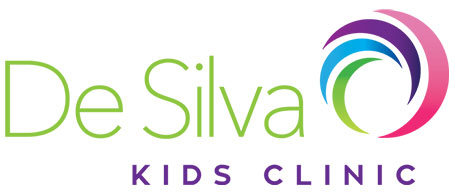
Before children start to communicate with words, they develop pre-language skills.
Developing pre-language skills is essential for successful communication and is the non-verbal means of communication. Pre-language skills typically develop around 9-15 months. Pre-language skills is important as it forms the foundation for language development and facilitates social and emotional development.
Pre-language skills include the following:
• Joint attention: The ability to share interest in an object or action.
• Eye Contact: Encourage your child to maintain eye contact by facing your child when you are speaking with him or her. It is also important to be at the child’s eye level when engaging with him.
• Attention: A child needs to be able to focus on people, objects and events in the present environment to learn.
• Turn-taking: It is important for a child to learn how to take turns as this encourages a rhythmic back and forth exchange when conversing. Turn-taking also facilitates social interaction skills.
• Play skills: Play skills are important as it facilitates social and communication skills as they explore and learn the environment and interact with others.
• Imitation: Imitation involves copying the communication partner. Imitation is crucial as it allows children to learn new skills quickly by watching those around them.
Strategies to facilitate pre-language skills:
• Play with your child at his/her level using various toys.
• Talk about activities that you’re doing throughout the day.
• Simplify your language.
• Change your vocal intonation to help gain the child’s attention and to keep the conversation interesting.
• Encourage joint attention by following the child’s eye gaze or interest and talk about what they are doing or looking at using simple language.
• Turn off background noise to allow the child to solely focus on your voice.
• Be face to face with your child when engaging with him/her.
Written by Senali Alahakone – Speech Pathologist at De Silva Kids Clinic

